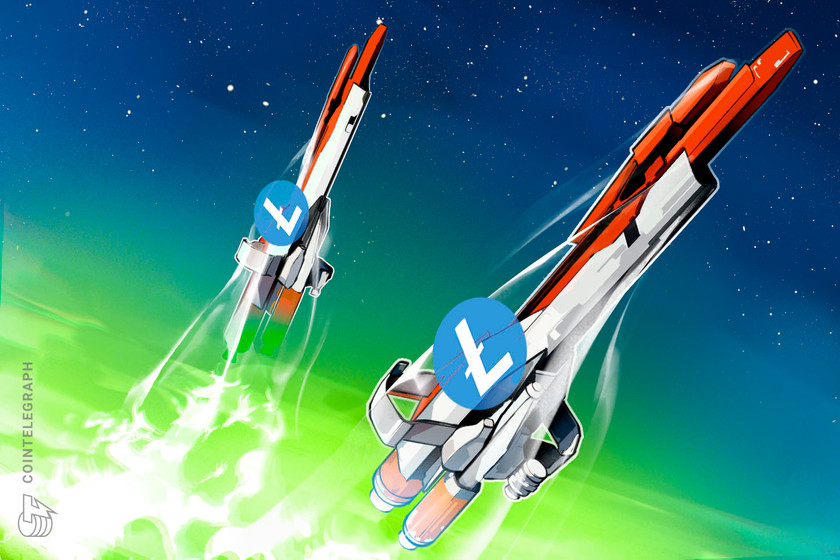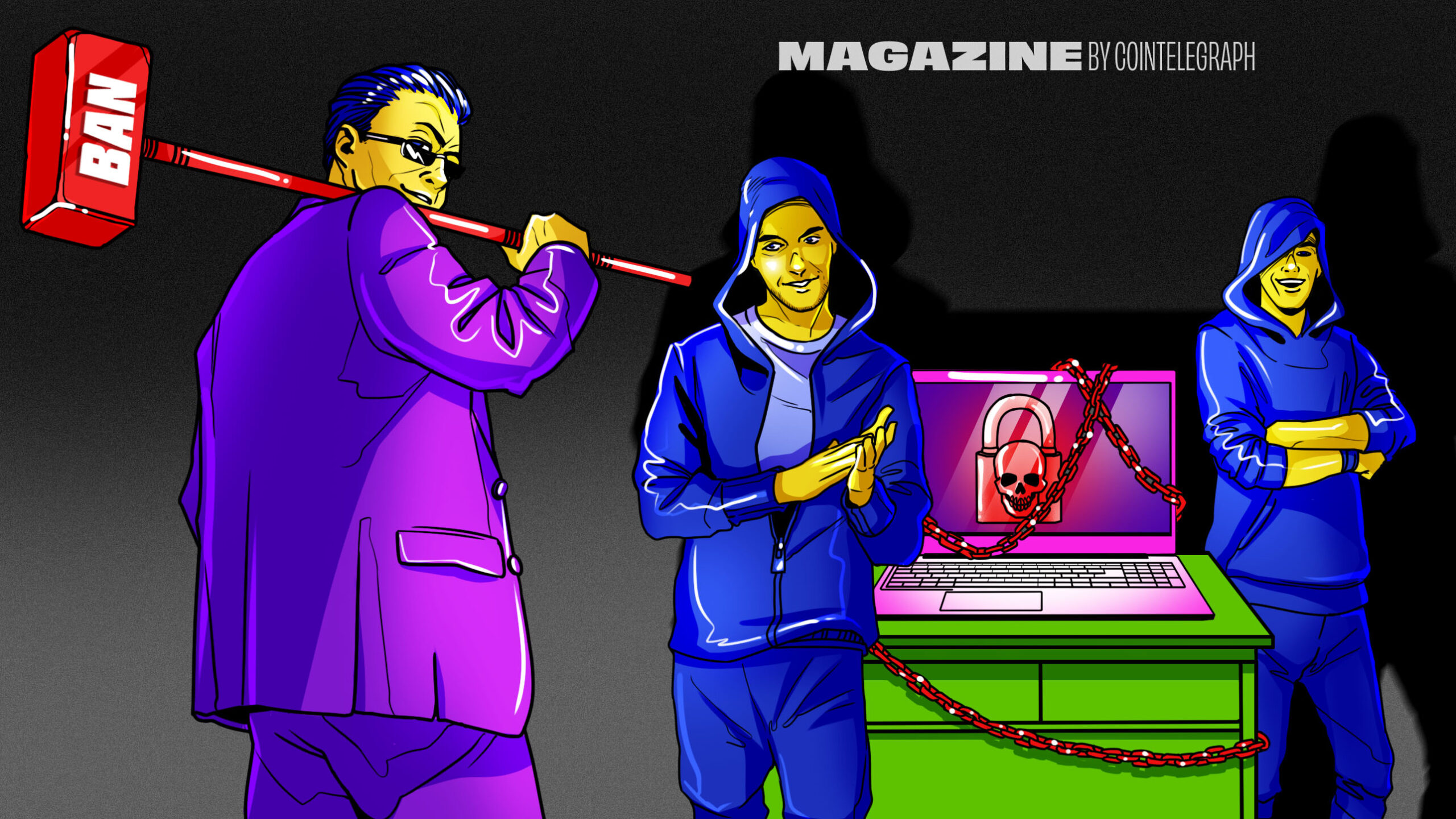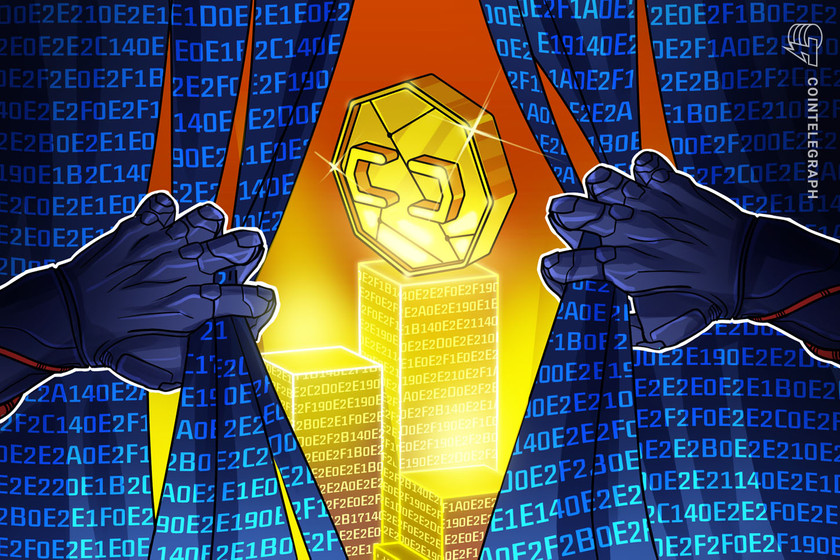Renault tests blockchain platform for parts compliance
No, the blockchain is not in your car.

Luxury carmaker Groupe Renault tested its blockchain project aimed to ease compliance certification of vehicle components.
The project, Extended Compliance End-to-End Distributed, or better known as XCEED, grew out of Renault’s partnership with other companies to develop a blockchain supply-chain solution by sharing data. It’s built on the Hyperledger Fabric network and deployed in collaboration with IBM. XCEED tracks and certifies regulatory compliance of vehicle components.
Renault tested XCEED in its Douai plant and processed over a million documents with 500 transactions processed per second.
XCEED shares compliance Information between parts manufacturers and those who make the cars. Renault said the platform speeds up information sharing, bringing it to real-time delivery. XCEED, the carmaker explained, creates a trusted network to share data with confidentiality.
Renault’s partners for the project include Continental, Faurecia, Plastic Omnium and Saint-Gobain. It was first announced in 2019.
The carmaker said the need for a better compliance solution arose as new market surveillance regulations were implemented Sept. 1. The European Union’s Directive 2007/46/EC, revised in 2020, establishes better monitoring of new vehicles and parts to meet safety and environmental standards. Renault said its entire production chain “has to adjust its structure” to respond to shorter timeframes set in the policy.
Odile Panciatici, blockchain vice president at Groupe Renault, said:
“The XCEED project we initiated is a powerful illustration of Groupe Renault’s capacity to innovate. We are convinced that blockchain is a vector for transforming the automotive industry. Blockchain technology really comes into its own in a vast ecosystem involving a number of different companies, providing a link between the partners’ various processes, computer systems and databases. There are multiple uses for this type of technology in the automotive industry, where we have exchanges with countless actors from outside the company, such as suppliers, clients and independent distributors.”
This is not Renault’s first foray into blockchain technology. Renault, along with other automotive giants BMW, GM, and Ford and technology companies IBM, Hyperledger, Bosch and IOTA, worked on the Mobility Open Blockchain Initiative (MOBI). It created a database of Vehicle Identity Numbers on the blockchain. BMW also made a blockchain-based supply chain solution.









